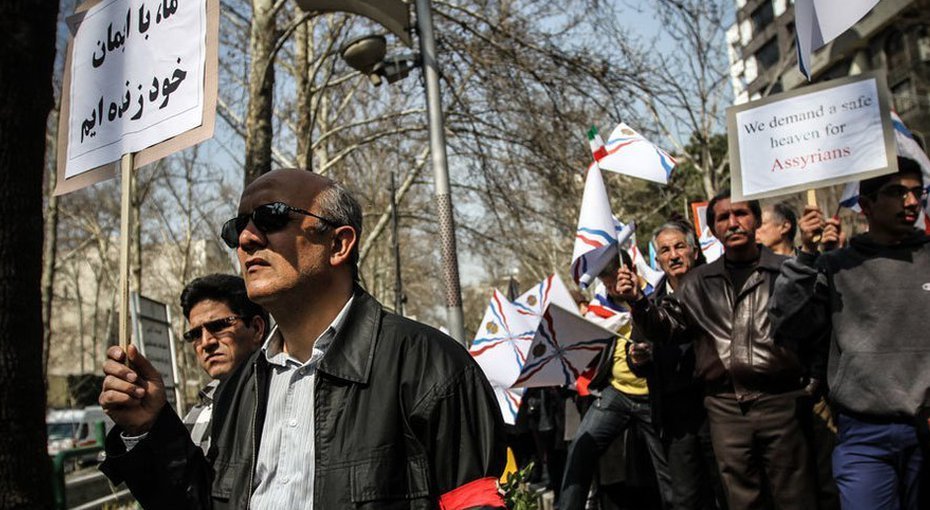
An Iranian-Assyrian Christian claims he was denied a promotion and received much less compensation than he was entitled to after an injury at work – only because he is a Christian.
“Farough” told IranWire that after losing three fingers due to a lack of safety provisions at his factory, “they were supposed to do an expert examination and pay me [compensation], but when I was paid, I realised that the amount I received was much lower based on the fact that I was a religious minority”.
He added that when he returned to work, he was offered an office job due to his injury, so he decided to get a university degree to further his career; but after gaining a degree in business management – in an attempt to secure a promotion – Farough says a Muslim colleague was promoted instead of him.
“One of my colleagues has been promoted and given a raise, because he is a Muslim,” Farough said. “I meanwhile have all the right conditions for employment and career advancement but, just because I am a Christian, I am deprived of any promotion.”
When he complained, Farough says he was told “not to pursue this issue anymore or I would lose what I have”.
“I know that expelling me is easy for them,” he added. “Being a religious minority gives me the right to be discriminated against by the authorities.”
‘Equality before the law’?
Farough’s story is part of a longer analysis article by Turkey-based journalist Maryam Dehkordi, focusing on the myriad ways in which religious minorities are discriminated against in Iran, in violation of the Constitution.
Dehkordi notes that, according to Article 14 of the Constitution, “the Government of the Islamic Republic and all Muslims are obliged to treat non-Muslims well and to respect ‘Islamic justice’ and their human rights”, as long as they don’t “conspire against Islam and the Islamic Republic of Iran”.
Converts to Christianity are routinely charged with “actions against national security” – a sly way of ensuring such provisions do not apply to them. But Iranian-Assyrians are claimed by regime officials and their sympathisers to enjoy “equal rights”, as stipulated in Article 3 of the Constitution, which mandates that there should be “equality of all people before the law”.
Dehkordi uses Farough’s story and those of other religious minority groups to suggest that in reality this principle is not applied.
A Yarsani citizen tells her: “Yarsans have no social, administrative or political status, due to not being recognised in the Constitution, and their identities are being denied. In legal disputes at work, Yarsan citizens are generally forced to hide their beliefs and identities in order to receive their rights, and have to present themselves as Shiites and Muslims; otherwise, their complaints will not be processed.
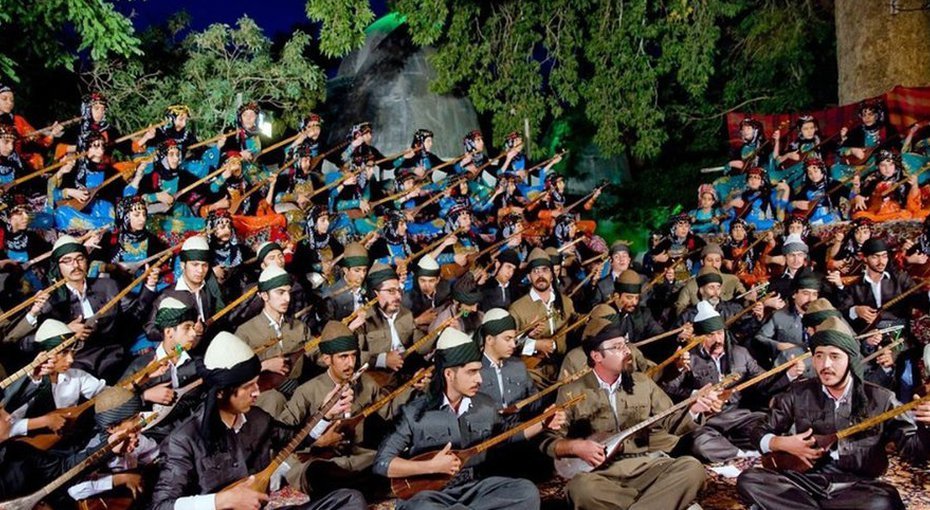
“Their loss can be physical injury and disability or death. In these cases, Yarsan citizens have no choice but to hide their identities; unless the issue somehow gets into the media and the authorities have no chance of concealing them.”
The Yarsani citizen, who did not want to be named, gives the example of the murder of Mitra Ostad, a fellow Yarsan who was killed by her husband, the former mayor of Tehran Mohammad Ali Najafi:
“The case of Mitra Ostad being a Yarsan was mentioned during the investigation of the case and was raised in the media. The allegation was made with the aim of acquitting Mr Najafi.
“They wanted to make it permissible to shed the blood of this young woman by raising this issue, so that only ‘blood money’ should be paid to the accused and the victim’s family could not even demand retribution.”
Dehkordi explains that, according to the Iranian penal code, “retribution” must be provided if their victim is a Muslim, “but under the same law, if the victim is from a religious minority, the punishment for the murderer is simply the payment of blood money” – and this is only possible for the recognised religious minorities, which does not include the Yarsan.
But even for recognised minorities, Dehkordi notes that “the blood-money value of a non-Muslim is not equal to that of a Muslim”.
Dehkordi recalls how the Assyrian former member of parliament, Yonathan Betkolia, once lambasted the Guardian Council’s rejection of a parliamentary bill aiming to address the inequality of “blood money” provisions, though it was eventually approved by the Supreme Leader.
The former MP also took issue with Article 881 of the Civil Code, which refers to religious minorities as “infidels” in inheritance laws.
“We are upset, because the civil law that was passed in 1937 and again in 1991 has created a situation in which I not know today if I am regarded as an infidel or a religious minority; because this law says that an infidel does not inherit from a Muslim,” he said. “This means that if the son of a religious minority family becomes a Muslim and dies, the other members of the family cannot inherit from him. Or my son, who knows this law, if he formally becomes Muslim, he is the only one who can inherit from me, and my other children will not inherit, which will destroy the families of religious minorities.”
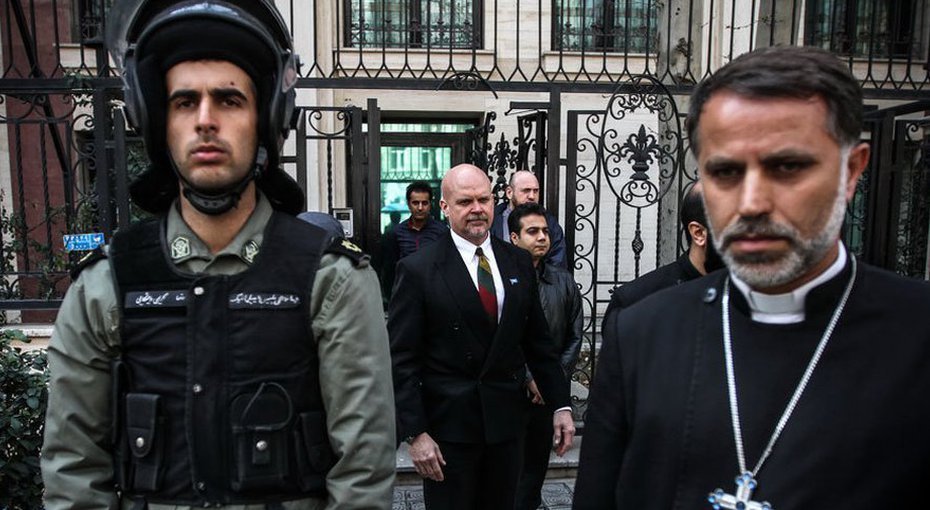
Other examples
Shahin Milani, the Baha’i executive director of the Iran Human Rights Documentation Center whose father was the victim of a forced disappearance, told Dehkordi: “Many Baha’is have been persecuted since the beginning of the Islamic Revolution in Iran, but what has bothered some families is that not only are there no punishments for those who kill Baha’is, there is not even a search for the killer or killers.”
Meanwhile, a Mandaean citizen named Salem, who lives in the southwestern city of Ahvaz, told Dehkordi that the status of his grandfather’s house has been “in limbo for years”.
“The municipality has encroached on the Mandaeans’ lands … and we have neither permission to renovate nor permission to sell,” he says.
“The municipality does not accept to buy the land. Once or twice we went to negotiate and sell but the price they offered was so low that we laughed.
“This year, Ahvaz was introduced as the city of Mandaeans, but we, the Mandaeans, are wandering around town looking for the smallest amount of legal work.”
Dehkordi concludes with another example from former MP Betkolia, who noted how an Assyrian church in Tehran agreed a Muslim committee could use their premises for a year, but that “seven or eight years passed and the committee did not leave.
“Even my meeting with Ali Younesi, Hassan Rouhani’s special assistant for ethnic and religious affairs, was useless, and he said that he could not do anything about it. We interviewed the press and media about this for two years, until we were finally able to get back the church land.”
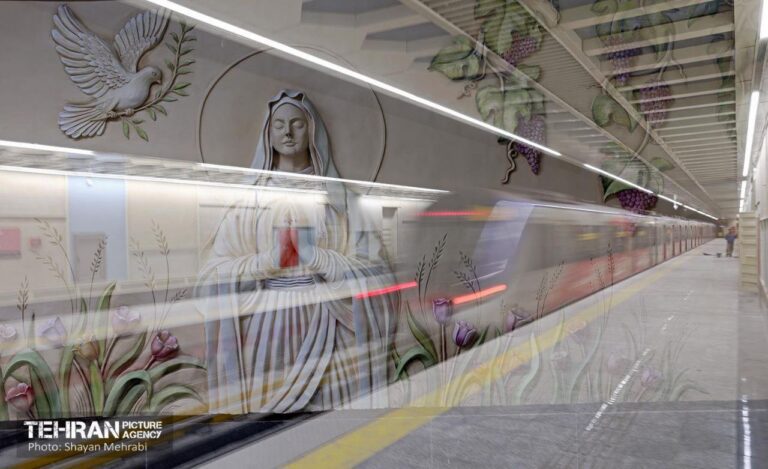
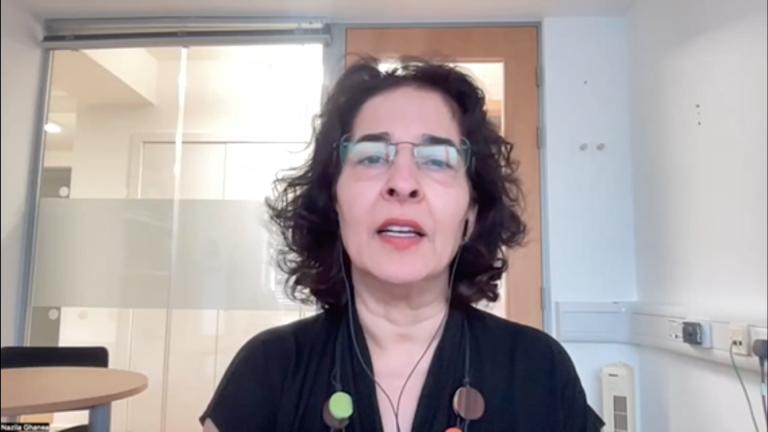
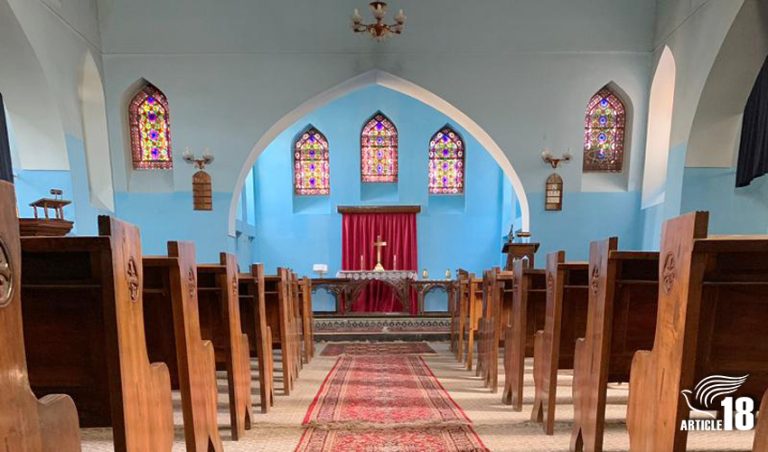
0 Comments